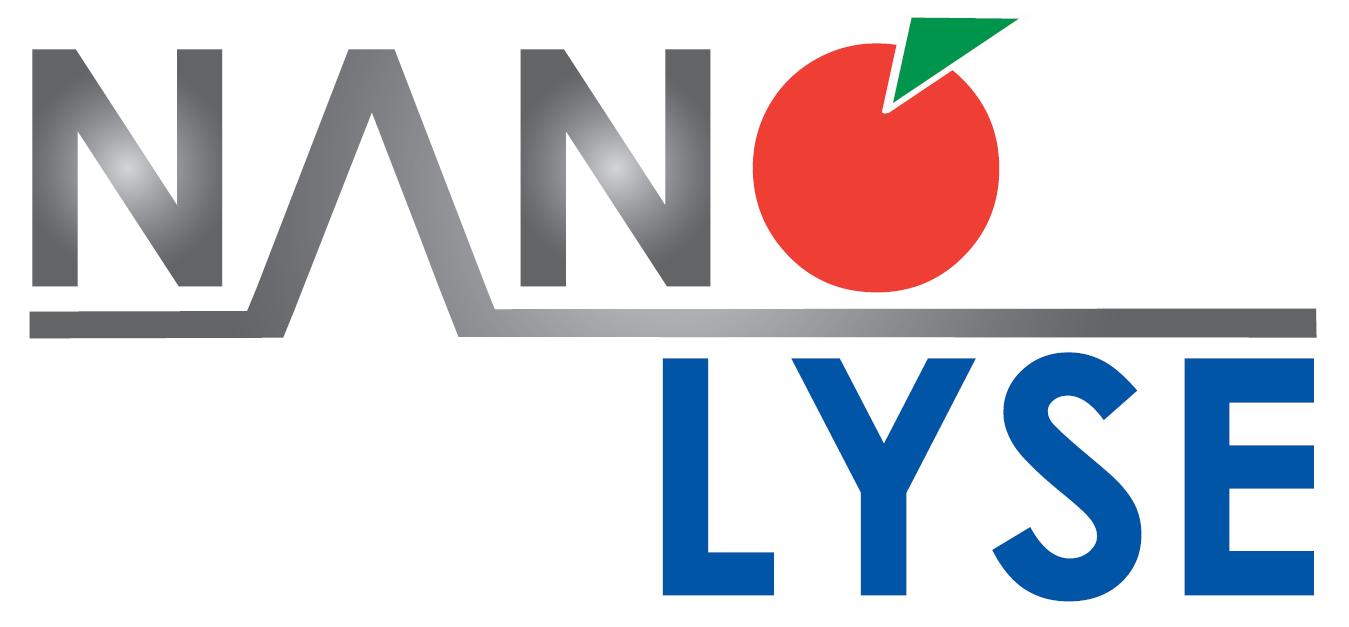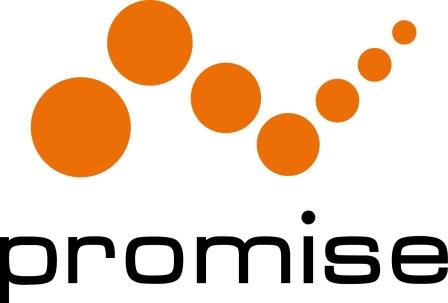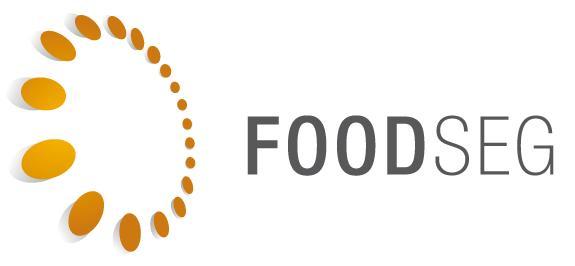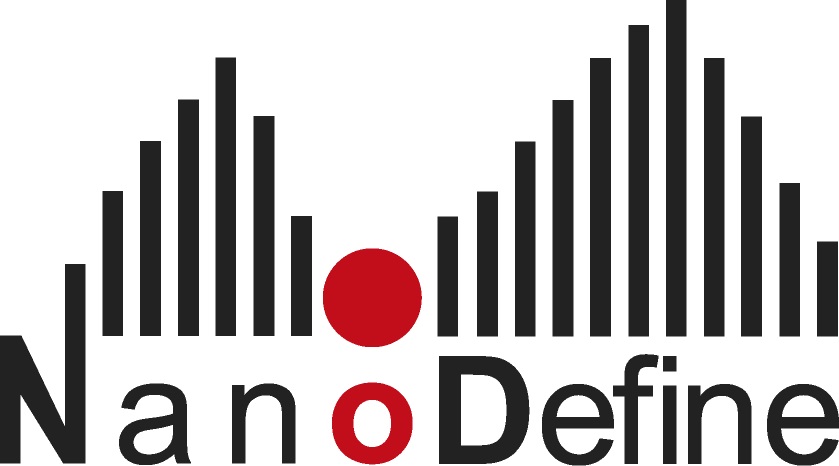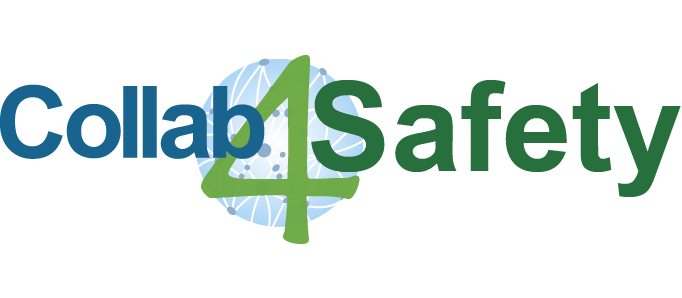The program will be accompanied by a range of Satellite Workshops, Interactive and Vendor Seminars:
REGISTRATION for the RAFA 2013 workshops and seminars is CLOSED
For some of the workshops and seminars registration is required. There is no registration fee for participants.
Please notice, to attend all seminars and workshops, you have to be registered for participation in the RAFA 2013 conference, with the exception of the workshop for young scientists “OPPORTUNITIES TO WORK IN AND WITH A EUROPEAN SCIENTIFIC INSTITUTION” (Nov 5, 9:00 – 13:00).
“Opportunities to work in and with a European Scientific Institution”
Workshop will be organised jointly by EC Joint Research Centre, Institute for Reference Materials and Measurements (EC – JRC – IRMM, Geel, Belgium), Technology Centre of Academy of Science of the Czech Republic (TC ASCR, Prague, Czech Republic), Institute of Chemical Technology, Prague (ICT Prague, Czech Republic) and RIKILT Wagenningen UR (RIKILT, Wageningen, The Netherlands).
Moderator of the workshop:
Franz Ulberth, EC–JRC–IRMM, Geel, Belgium
Dr. Elke Anklam & Prof. Franz Ulberth (EC–JRC–Institute for Reference Materials and Measurements (IRMM), Geel, Belgium)
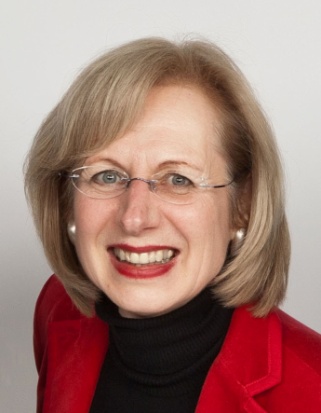 Elke Anklam is a chemist by education with specialisation in food, organic and radiation chemistry. After having obtained her PhD from the University Hamburg, Germany, she worked in various European Research Institutions and was teaching as Professor in the Applied University of Fulda, Germany.
Elke Anklam is a chemist by education with specialisation in food, organic and radiation chemistry. After having obtained her PhD from the University Hamburg, Germany, she worked in various European Research Institutions and was teaching as Professor in the Applied University of Fulda, Germany.
Since 1991 she has been working in the European Commission's Joint Research Centre (JRC-EC). From 2006-2012 she was Director of the Institute for Health and Consumer Protection (JRC-IHCP) in Ispra, Italy and since January 2013 she is Director of the Institute for Reference Materials and Measurements (JRC-IRMM) in Geel, Belgium.
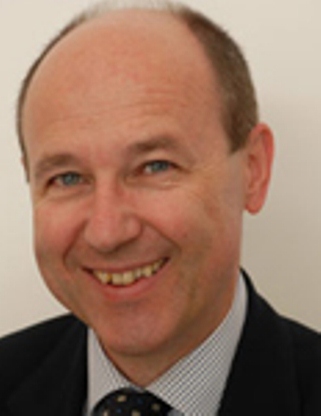 Franz Ulberth is Head of the Standards for Food Bioscience Unit (until Dec 2012 known as Food Safety and Quality Unit) at the European Commission's Joint Research Centre – Institute for Reference Materials and Measurements (JRC-IRMM). Franz graduated (PhD) in "Food Science and Biotechnology" from the University of Natural Resources and Applied Life Sciences (BOKU) in Vienna, Austria. After graduation he joined the Department of Food Science and Technology at the same university. Triggered by participation in research projects funded by the EC's Measurement & Testing Programme, his research interest soon included quality of analytical data and developing tools such as validated methods and reference materials for ensuring quality in the laboratory. He joined JRC-IRMM in 2002 as a programme co-ordinator for food and environmental reference materials at the IRMM. (more)
Franz Ulberth is Head of the Standards for Food Bioscience Unit (until Dec 2012 known as Food Safety and Quality Unit) at the European Commission's Joint Research Centre – Institute for Reference Materials and Measurements (JRC-IRMM). Franz graduated (PhD) in "Food Science and Biotechnology" from the University of Natural Resources and Applied Life Sciences (BOKU) in Vienna, Austria. After graduation he joined the Department of Food Science and Technology at the same university. Triggered by participation in research projects funded by the EC's Measurement & Testing Programme, his research interest soon included quality of analytical data and developing tools such as validated methods and reference materials for ensuring quality in the laboratory. He joined JRC-IRMM in 2002 as a programme co-ordinator for food and environmental reference materials at the IRMM. (more)
Chaired by:
Vincent Baeten & Juan-Antonio Fernández Pierna, Walloon Agricultural Research Centre (CRA-W), Gembloux, Belgium
Dr. Vincent Baeten (Walloon Agricultural Research Centre, Gembloux, Belgium)
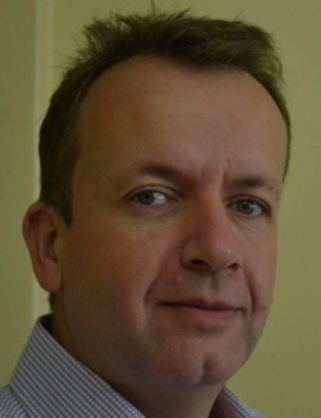 Dr. Ir. Vincent Baeten is head of the Food and Feed Quality Unit of the Valorisation of Agricultural Products Department of Agricultural products of Walloon Agricultural Research Centre (CRA-W, Gembloux - Belgium). It has about 15 years of experience on European projects dealing with the development of spectroscopic methods. In the last 10 years he has participated to several projects dealing with quality and safety of food and feed including aspects of traceability and authentication (STRATFEED, TYPIC, MEDEO, CO-EXTRA, TRACE, SAFEED-PAP, CONFFIDENCE, QSAFFE). The Food and Feed Quality Unit is involved in the development of methods based on spectroscopy (NIR, NIR imaging, MIR, Raman), optical microscopy and chemometrics.
Dr. Ir. Vincent Baeten is head of the Food and Feed Quality Unit of the Valorisation of Agricultural Products Department of Agricultural products of Walloon Agricultural Research Centre (CRA-W, Gembloux - Belgium). It has about 15 years of experience on European projects dealing with the development of spectroscopic methods. In the last 10 years he has participated to several projects dealing with quality and safety of food and feed including aspects of traceability and authentication (STRATFEED, TYPIC, MEDEO, CO-EXTRA, TRACE, SAFEED-PAP, CONFFIDENCE, QSAFFE). The Food and Feed Quality Unit is involved in the development of methods based on spectroscopy (NIR, NIR imaging, MIR, Raman), optical microscopy and chemometrics.
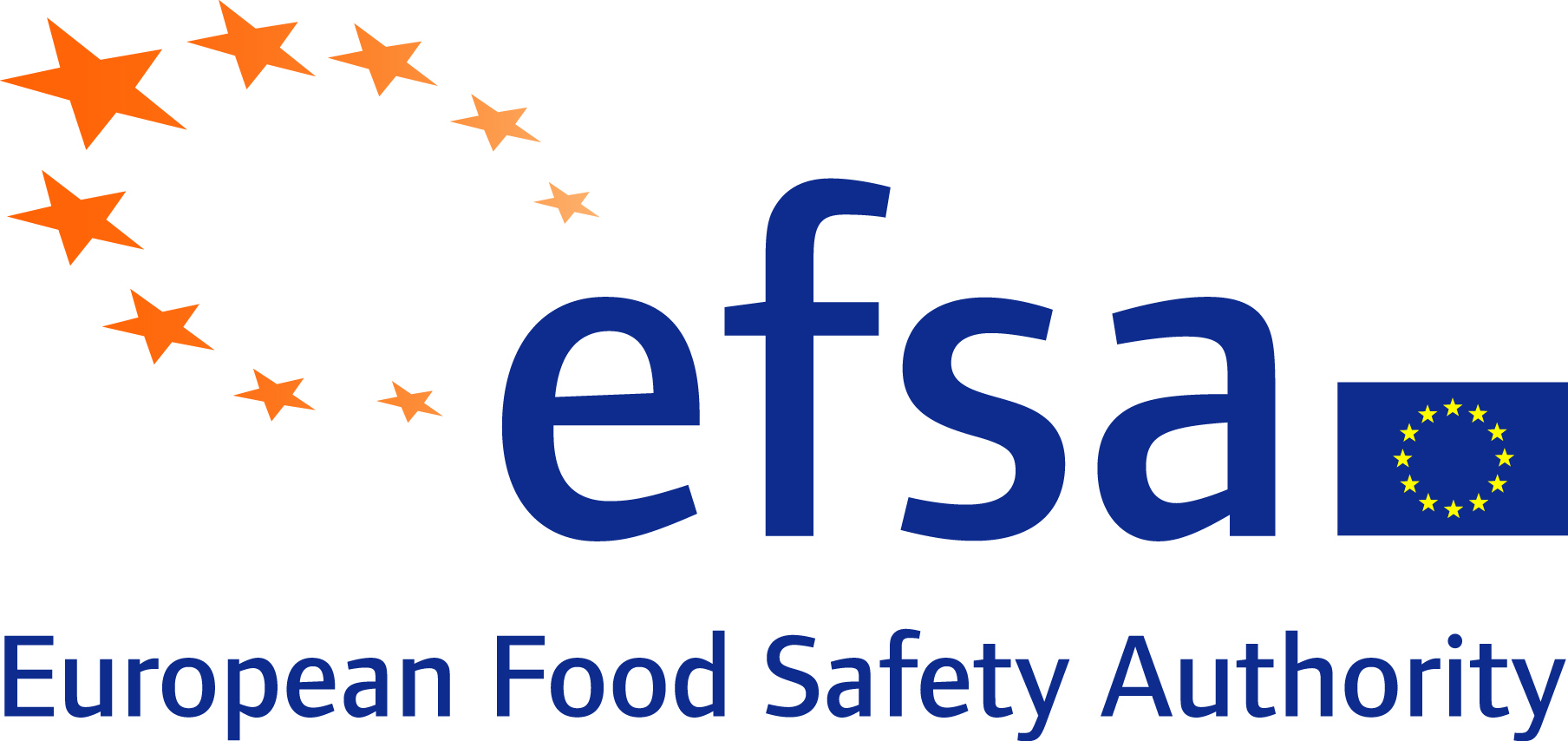
Chaired by:
Mari Eskola, Acting Head of Unit, European Food Safety Authority, Unit on Contaminants, Parma, Italy
“Food analysis issues and challenges to be addressed / solved in a close future”


Moderators:
Katerina Mastovska, Covance Laboratories, Greenfield, IN, USA
Hans Mol, RIKILT - Wageningen UR, The Netherlands
Lukas Vaclavik, Institute of Chemical Technology, Prague, Czech Republic & United States Food and Drug Administration, College Park, MD, USA
Dr. Katerina Mastovska (Covance Laboratories, Greenfield, IN, USA)
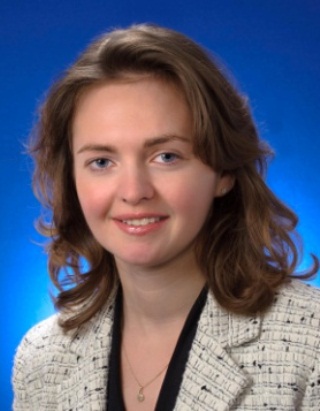 Dr. Katerina (Kate) Mastovska is a Lead Staff Scientist at Covance Laboratories and a Principal Consultant at Excellcon International. At Covance Laboratories, she technically established a new Pesticide Center of Excellence and has been leading the development of new analytical methods and strategies for testing of chemical residues and contaminants in food and dietary supplements. She is actively involved in the AOAC International as the co-chair of the AOAC Chemical Contaminants and Residues in Food community and Topic Advisor and Expert Review Panel member for the veterinary drug residue methods. This year, she is the Program Chair of the 50th North American Chemical Residue Workshop (formerly known as the Florida Pesticide Residue Workshop), which brings together US and international scientists to discuss latest developments in the residue and contaminant analysis field.(more)
Dr. Katerina (Kate) Mastovska is a Lead Staff Scientist at Covance Laboratories and a Principal Consultant at Excellcon International. At Covance Laboratories, she technically established a new Pesticide Center of Excellence and has been leading the development of new analytical methods and strategies for testing of chemical residues and contaminants in food and dietary supplements. She is actively involved in the AOAC International as the co-chair of the AOAC Chemical Contaminants and Residues in Food community and Topic Advisor and Expert Review Panel member for the veterinary drug residue methods. This year, she is the Program Chair of the 50th North American Chemical Residue Workshop (formerly known as the Florida Pesticide Residue Workshop), which brings together US and international scientists to discuss latest developments in the residue and contaminant analysis field.(more)
Dr. Hans Mol (RIKILT Wageningen UR, Wageningen, the Netherlands)
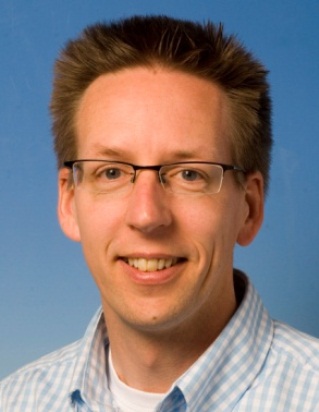 Hans Mol is senior scientist at RIKILT-Institute of Food Safety, in Wageningen, The Netherlands. He studied analytical chemistry at the Free University in Amsterdam and did his PhD in analytical chemistry at the Technical University of Eindhoven. He has been active in food safety analysis for almost 20 years, first at TNO (Dutch Organisation for Applied Scientific Research) and then at RIKILT. His current research interest are generic non-targeted analysis of residues and contaminants based on chromatography with mass spectrometry, and on rapid MS-based screening methods. In terms of applications, his main areas of interest are pesticides and natural toxins. He is heading the National Reference Laboratory of pesticides and mycotoxins and is active in EU-working groups on analytical quality control in those fields.
Hans Mol is senior scientist at RIKILT-Institute of Food Safety, in Wageningen, The Netherlands. He studied analytical chemistry at the Free University in Amsterdam and did his PhD in analytical chemistry at the Technical University of Eindhoven. He has been active in food safety analysis for almost 20 years, first at TNO (Dutch Organisation for Applied Scientific Research) and then at RIKILT. His current research interest are generic non-targeted analysis of residues and contaminants based on chromatography with mass spectrometry, and on rapid MS-based screening methods. In terms of applications, his main areas of interest are pesticides and natural toxins. He is heading the National Reference Laboratory of pesticides and mycotoxins and is active in EU-working groups on analytical quality control in those fields.
Dr. Lukas Vaclavik (Institute of Chemical Technology, Prague, Czech Republic & Food and Drug Administration, USA)
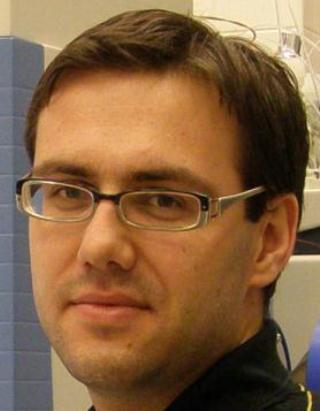 Lukas Vaclavik, Ph.D. is currently working as a Postdoctoral fellow at the Center of Food Safety and Applied Nutrition of the US Food and Drug Administration, USA and maintains a part time at the Department of Food Analysis and Nutrition of the Institute of Chemical Technology, Prague. His main research area focuses on development and application of advanced analytical methods employing LC-MS and ambient mass spectrometry for the analysis of food and dietary supplements.
Lukas Vaclavik, Ph.D. is currently working as a Postdoctoral fellow at the Center of Food Safety and Applied Nutrition of the US Food and Drug Administration, USA and maintains a part time at the Department of Food Analysis and Nutrition of the Institute of Chemical Technology, Prague. His main research area focuses on development and application of advanced analytical methods employing LC-MS and ambient mass spectrometry for the analysis of food and dietary supplements.
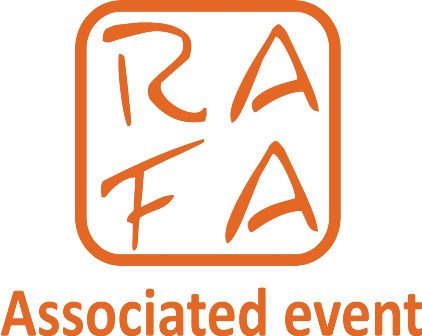

Chaired by:
Christian Klampfl, Johannes Kepler University, Linz, Austria
Facundo Fernandez, Georgia Institute of Technology, Atlanta, GA, USA
Dr. Facundo Fernandez (Georgia Tech. School of Chemistry and Biochemistry, Atlanta, USA)
Ambient Mass Spectrometry: A Tutorial
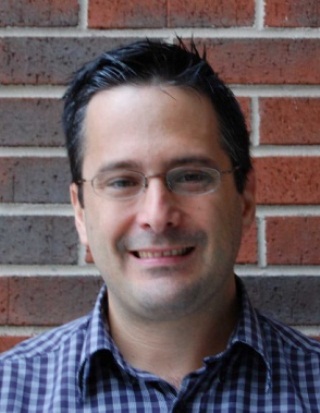 Prof. Facundo M. Fernández was born in Buenos Aires, Argentina. He received his MSc in Chemistry from the College of Exact and Natural Sciences, Buenos Aires University in 1995 and his PhD in Analytical Chemistry from the same University, in 1999. In August 2000, he joined the research group of Prof. Richard N. Zare in the Department of Chemistry at Stanford University. His work focused on several aspects of Hadamard transform time-of-flight mass spectrometry with an emphasis on coupling this technique to capillary-format separation methods. In 2002, he joined the group of Prof. Vicki Wysocki in the Department of Chemistry at the University of Arizona, to develop novel tandem mass spectrometers for proteomics. In 2004 he joined the School of Chemistry and Biochemistry at the Georgia Institute of Technology. (more)
Prof. Facundo M. Fernández was born in Buenos Aires, Argentina. He received his MSc in Chemistry from the College of Exact and Natural Sciences, Buenos Aires University in 1995 and his PhD in Analytical Chemistry from the same University, in 1999. In August 2000, he joined the research group of Prof. Richard N. Zare in the Department of Chemistry at Stanford University. His work focused on several aspects of Hadamard transform time-of-flight mass spectrometry with an emphasis on coupling this technique to capillary-format separation methods. In 2002, he joined the group of Prof. Vicki Wysocki in the Department of Chemistry at the University of Arizona, to develop novel tandem mass spectrometers for proteomics. In 2004 he joined the School of Chemistry and Biochemistry at the Georgia Institute of Technology. (more)
Prof. Christian Klampfl (Institute of Analytical Chemistry, Johannes Kepler University, Linz, Austria)
Novel MS techniques for the analysis of food and food contact materials
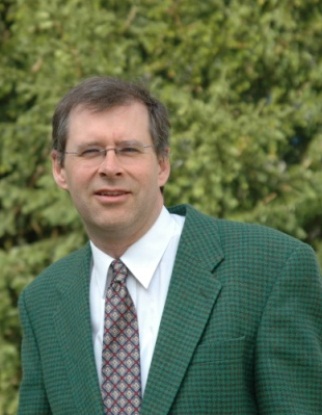 Born 1964 in Innsbruck (Austria) where he also received his primary and secondary education, Christian W. Klampfl studied chemistry and received his MSc. (1990) and PhD (1993) from the University of Innsbruck/Austria. Moving to the Institute of Analytical Chemistry at the Johannes Kepler University in Linz (where he is currently holding a position as an associate professor) also meant a strong focus on separation techniques. After a year as research associate with Prof. Paul R. Haddad at the University of Tasmania, he started to conduct first investigations on the hyphenation of separation techniques with mass spectrometry. Besides hyphenated methods author’s interest is also focused on the development of fast analytical methods for screening based on mass spectrometry. (more)
Born 1964 in Innsbruck (Austria) where he also received his primary and secondary education, Christian W. Klampfl studied chemistry and received his MSc. (1990) and PhD (1993) from the University of Innsbruck/Austria. Moving to the Institute of Analytical Chemistry at the Johannes Kepler University in Linz (where he is currently holding a position as an associate professor) also meant a strong focus on separation techniques. After a year as research associate with Prof. Paul R. Haddad at the University of Tasmania, he started to conduct first investigations on the hyphenation of separation techniques with mass spectrometry. Besides hyphenated methods author’s interest is also focused on the development of fast analytical methods for screening based on mass spectrometry. (more)
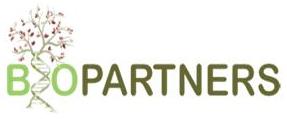
Goal of the meeting: To inform the audience about latest developments in Food Science and Technology in European and South Caucasus Countries, with special reference to South Caucasus regions.

Chaired by:
James Lindsay, Ph.D, FAAM, Professor, National Program Leader Food Safety, U.S. Department of Agriculture, Agricultural Research Service (USDA-ARS), Beltsville, MD, USA
Moderator:
Tomas Cajka, Metabolomics Fiehn Lab, Genome Center, University of California, Davis, CA, USA
Dr. Tomas Cajka (Metabolomics Fiehn Lab, Genome Center, University of California, Davis, USA)
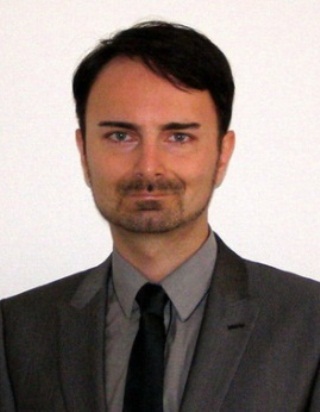 Tomáš Čajka, PhD is an Associate Specialist at Metabolomics Fiehn Lab, Genome Center, University of California, Davis. His main research area focuses on application of novel technologies for mass spectrometry-based metabolomics and application of various chemometric tools for data interpretation. He has published 36 journal papers, 6 book chapters, and 21 papers in conference proceedings. In 2007, he was awarded by The Ioannes Marcus Marci Spectroscopic Society for The Young Authors’ Best Paper in Spectroscopy (Gas Chromatography–Time-of-Flight Mass Spectrometry: An Effective Analytical Tool in the Analysis of Complex Food and Environmental Matrices).
Tomáš Čajka, PhD is an Associate Specialist at Metabolomics Fiehn Lab, Genome Center, University of California, Davis. His main research area focuses on application of novel technologies for mass spectrometry-based metabolomics and application of various chemometric tools for data interpretation. He has published 36 journal papers, 6 book chapters, and 21 papers in conference proceedings. In 2007, he was awarded by The Ioannes Marcus Marci Spectroscopic Society for The Young Authors’ Best Paper in Spectroscopy (Gas Chromatography–Time-of-Flight Mass Spectrometry: An Effective Analytical Tool in the Analysis of Complex Food and Environmental Matrices).
introducing recent instrumentation and strategies for advanced food quality / safety control
